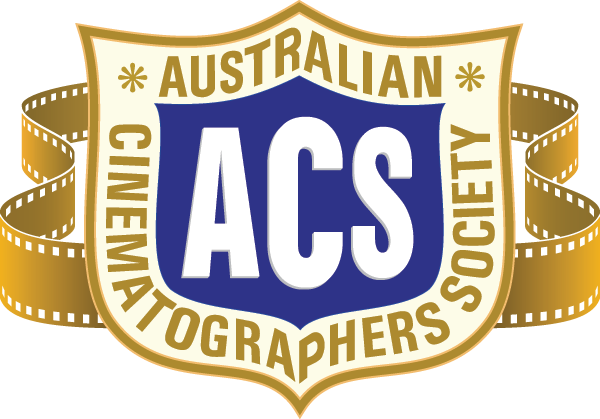Inducted into ACS Hall of Fame – 1997
On a school cultural excursion in the late 1950s to the ABC-TV Gore Hill, Don McAlpine discovered the News Office. There was a door, ‘News Supervisor’, Don knocked on the door and said, “Look, I’ve got a 16mm camera. If I get the end of the world on film would you guys buy it?” They said, “Are you any good?” to which Don replied, “Who knows?” The News Supervisor gave Don a sheet of paper outlining how to shoot a news story and four one hundred foot loads of Eastman Kodak Plus-X.
So, armed with his list and 400′ b&w film, away went on his way. There was a big railroad centre in Parkes that was converting from steam to diesel engines. He shot a news story documenting how that transition affected the lives of people who worked for the railroad. The ABC were impressed.
In 1962 Don left his position as a schoolteacher and joined the ABC-TV as a camera assistant, then in 1965 was promoted to cameraman. In 1968 he resigned and joined the Commonwealth Film Unit/Film Australia. It was at Film Australia that Don started to learn that “there was far more to camera then just reporting. That there was some art in cinematography and some art in filmmaking.” In a short time he was promoted as Chief Cameraman. A few of his short drama films caught first-time feature director Bruce Beresford’s eyes, particularly the doco/drama No Roses for Michael (b/w 1970) directed by Chris McGill. This resulted in Beresford inviting him to shoot ‘The Adventures of Barry McKenzie’ [1971-72], in London. In 1974 he left Film Australia and became a freelance DOP. His career took another giant step forward in 1981, beginning with a phone call from Paul Mazursky. During their first conversation, he asked McAlpine to meet him in Greece to scout locations for the film ‘Tempest’. His career shifted into high gear after he collaborated with Mazursky.
Don McAlpine has had an extraordinary career, having shot over 50 feature films, in diverse genres and styles. He ranks as one of Australia’s most outstanding cinematographers. Don was awarded the Australian Centenary Medal in the 2001 Queen’s New Year’s Honours List for his service to Australian Society and Australian Film Production.
Don was once asked about his most satisfying moment on a project and his answer reveals something important about being a cinematographer: “There is a point in every project where you and the director find your relationship and connection. At that time, you realize what the director needs from you and what you can get from him. From that point on, the movie is just hard work, but we love it.”


